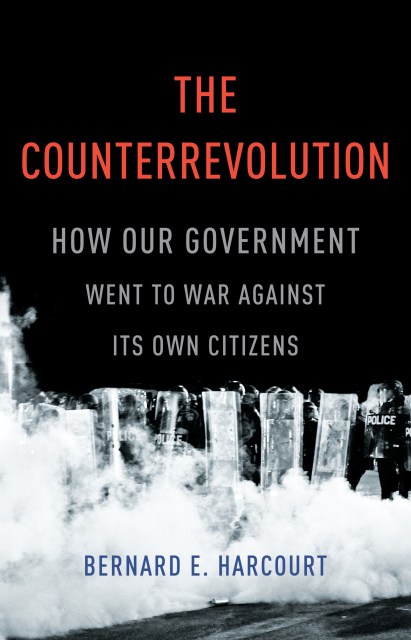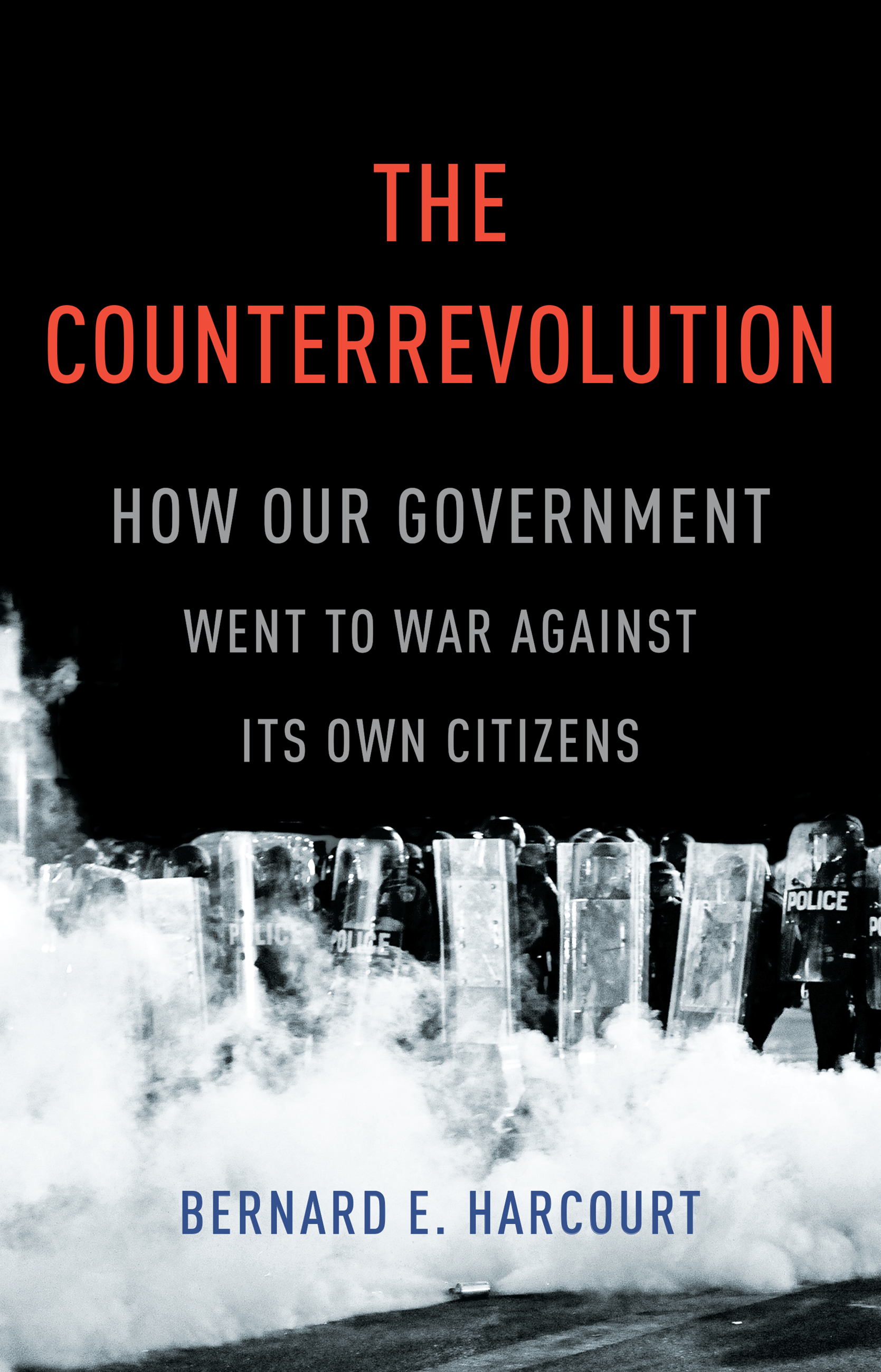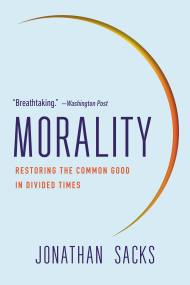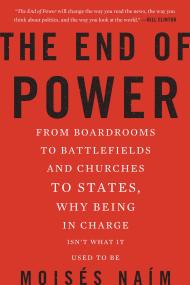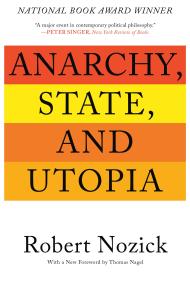Promotion
Use code MOM24 for 20% off site wide + free shipping over $45
The Counterrevolution
How Our Government Went to War Against Its Own Citizens
Contributors
Formats and Prices
Price
$17.99Price
$22.99 CADFormat
Format:
- ebook $17.99 $22.99 CAD
- Hardcover $32.00 $40.00 CAD
This item is a preorder. Your payment method will be charged immediately, and the product is expected to ship on or around February 27, 2018. This date is subject to change due to shipping delays beyond our control.
Also available from:
Militarized police officers with tanks and drones. Pervasive government surveillance and profiling. Social media that distract and track us. All of these, contends Bernard E. Harcourt, are facets of a new and radical governing paradigm in the United States — one rooted in the modes of warfare originally developed to suppress anticolonial revolutions and, more recently, to prosecute the war on terror.
The Counterrevolution is a penetrating and disturbing account of the rise of counterinsurgency, first as a military strategy but increasingly as a way of ruling ordinary Americans. Harcourt shows how counterinsurgency’s principles — bulk intelligence collection, ruthless targeting of minorities, pacifying propaganda — have taken hold domestically despite the absence of any radical uprising. This counterrevolution against phantom enemies, he argues, is the tyranny of our age. Seeing it clearly is the first step to resisting it effectively.
Genre:
- On Sale
- Feb 27, 2018
- Page Count
- 336 pages
- Publisher
- Basic Books
- ISBN-13
- 9781541697270
Newsletter Signup
By clicking ‘Sign Up,’ I acknowledge that I have read and agree to Hachette Book Group’s Privacy Policy and Terms of Use
